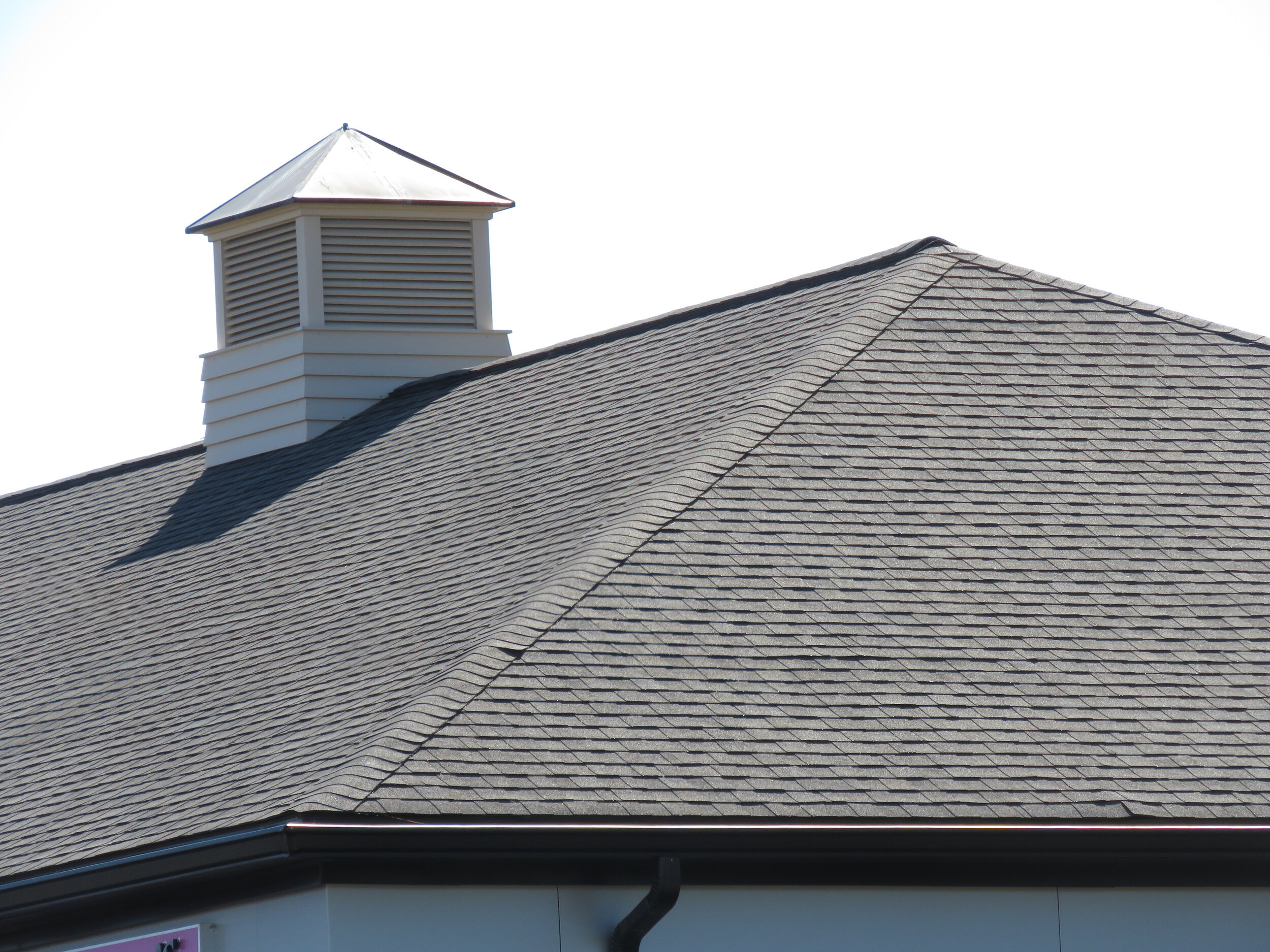Roof shingles consist of a series of individual overlapping components that when laid together in rows or courses starting at the bottom edge of a roof form a barrier designed to repel water snow and ice.
Roof skew definition.
Intr to look sideways.
Skews divide one tenement roof from another and also act as a firebreak between tenements.
Psychology psychol the system of relationships in a family in which one parent is extremely dominating while the other parent tends to be meekly compliant.
Roof at a ridge hip or valley.
Abutment flashings where the roof meets a stone wall or chimney there are three ways of keeping the water out.
This locks the timbers together to create a stable framework e g.
How to use skew in a sentence.
The flashing here forms a channel or watergate.
Mortar fillet or skew lead watergate flashing.
Roof shingles are installed in such a fashion that each seam or joint is overlapped by a shingle further up the roof.
An oblique slanting or indirect course or position.
Lead flashing to skew lead flashing to skew john gilbert note the skew is low here so the flashing has been taken over the top of the stone to give sufficient depth.
In stud walls partitions or roof framing.
The drawing shows this made of lead but other materials can be used.
Skew definition is to take an oblique course.
To cause something to be not straight or exact.
They also protect the edge of the slates from being lifted by wind.
The skew is used in cutting both to the right and to the left and therefore must be beveled on both sides.
The traditional materials used at these junctions are sheet lead or zinc flashings.
The fasteners nails or screws used in pairs are driven in on opposing angles.
The volatility skew is the difference in implied volatility iv between out of the money options at the money options and in the money options.
Skew stones may be butt jointed with lime mortar or partly lapped with the adjacent stone as this helps to secure them and reduce the risk of water penetration at joints.
Toenailing or skew nailing is a popular technique that carpenters use regularly to fix two timbers together by slanted application.










